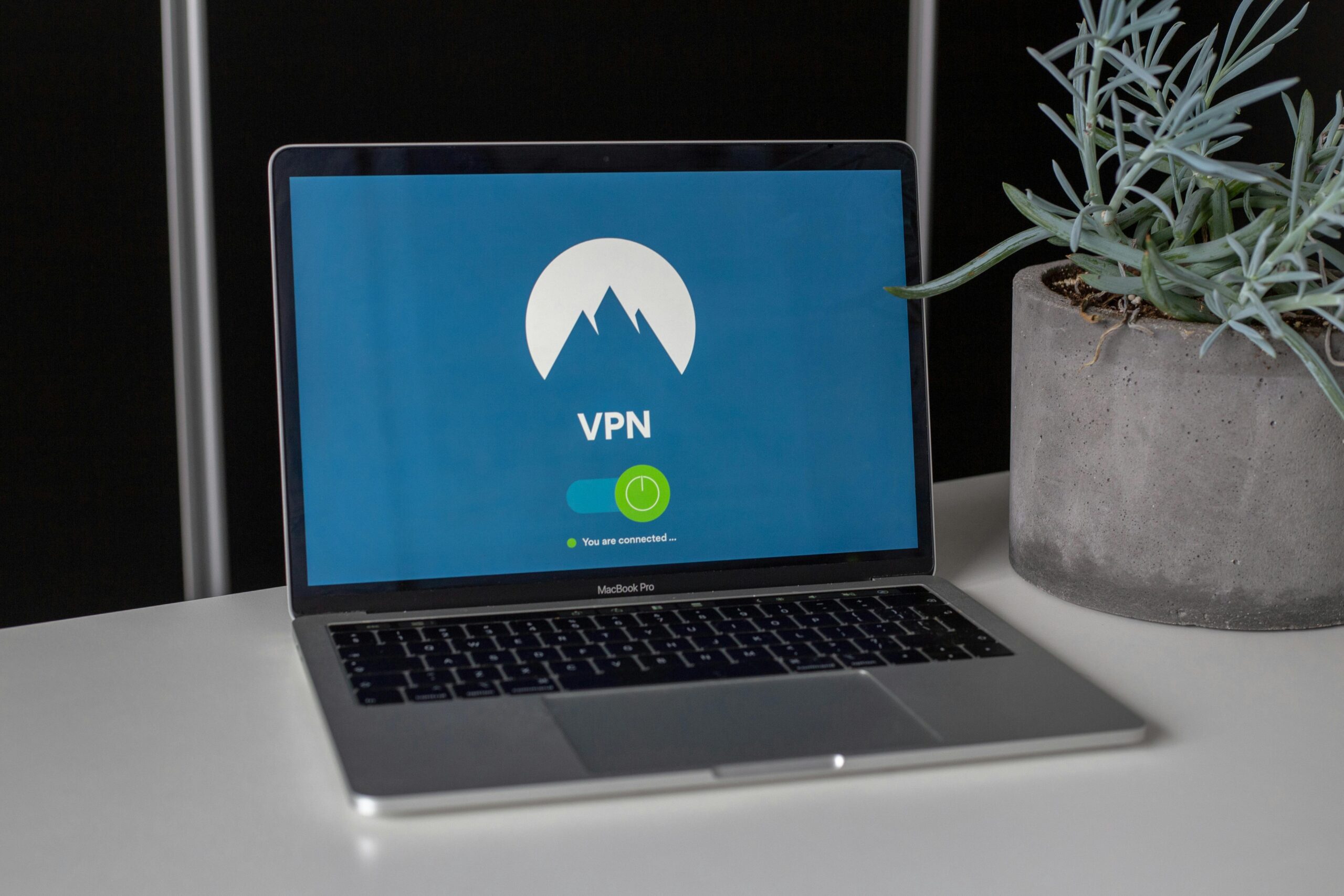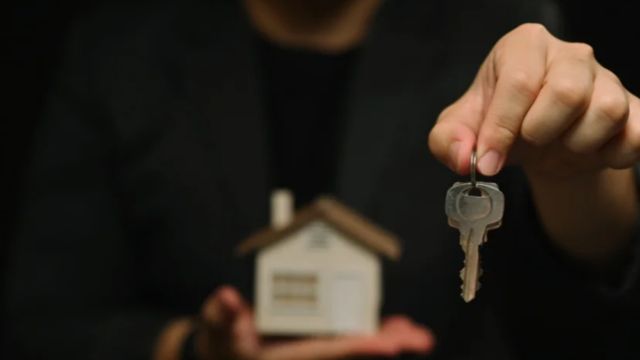In the United States, new age verification laws are raising concerns about personal privacy and online security. These laws, aimed at protecting children from inappropriate online content, are forcing companies to collect sensitive personal information from users. However, experts warn that these rules could put everyone’s data at risk, especially since even the best VPNs might not protect users from these growing threats.
What Are the New Age Verification Laws?
The new age verification laws are now in effect in many US states. These laws require online platforms to verify the age of users before they can access certain types of content, including adult websites. The goal is to prevent children from accessing inappropriate material online. As of January 2025, states like Florida, South Carolina, and Tennessee joined others such as Louisiana, Utah, Texas, and Montana in enforcing these laws. Some states, including Georgia, are expected to follow soon.
One of the most significant rules in these laws is the requirement for online companies to collect detailed personal data to confirm a user’s age. This includes sensitive information such as government-issued IDs. Failure to comply with these rules could lead to penalties for companies. While the intention behind these laws is to protect young people, privacy experts believe they pose a major threat to users’ personal data.
The Problem with Collecting More Personal Data
As these laws require more data to be collected, experts fear that it increases the chances of sensitive information being compromised. The Electronic Frontier Foundation (EFF) has warned that these age checks could lead to a massive surveillance system that would undermine everyone’s privacy rights. While the laws are meant to protect children, experts argue that they might do more harm than good.
The more data that is gathered, the higher the risk of it being hacked or misused. This was highlighted when the popular adult website Pornhub decided to block users from states with strict age verification laws. The site’s parent company, Aylo, pointed out that collecting so much personal data could put users in danger and create more opportunities for cyberattacks.
VPNs Are Not a Perfect Solution
Many people have turned to Virtual Private Networks (VPNs) to avoid these age verification checks. VPNs allow users to hide their IP address, making it seem like they are browsing from a different location. This can help people bypass the age checks, especially when they are trying to access adult content that is restricted in their state.
In Florida, the use of VPNs saw a huge spike of 1150% just a few hours after the new age verification law was enforced. While VPNs can help mask your location, experts warn that they are not foolproof. The companies enforcing these age checks are using other tracking methods that VPNs cannot block. These methods include GPS tracking, web cookies, device fingerprinting, and more. As these laws spread, experts believe that VPNs will become less effective at bypassing these checks.
The Future of Age Verification Laws and Privacy
As more states introduce age verification laws, the risk to privacy will continue to grow. These laws could also make it harder for users to stay anonymous online. Experts are worried that this trend could have negative consequences for everyone, including the young people the laws are supposed to protect.
The growing concern is that while these laws are intended to shield children from adult content, they might lead to increased surveillance and violate individuals’ privacy rights. The future of online anonymity could be at risk, and the challenges are only expected to increase as enforcement methods improve.
In conclusion, while age verification laws are designed to protect children, they come with serious risks to personal privacy. The laws are forcing companies to collect more and more personal data, and the use of VPNs may no longer be a reliable solution. Experts continue to warn that these laws could end up harming everyone, including the very people they aim to protect.
(Source : newsbreak.com)




